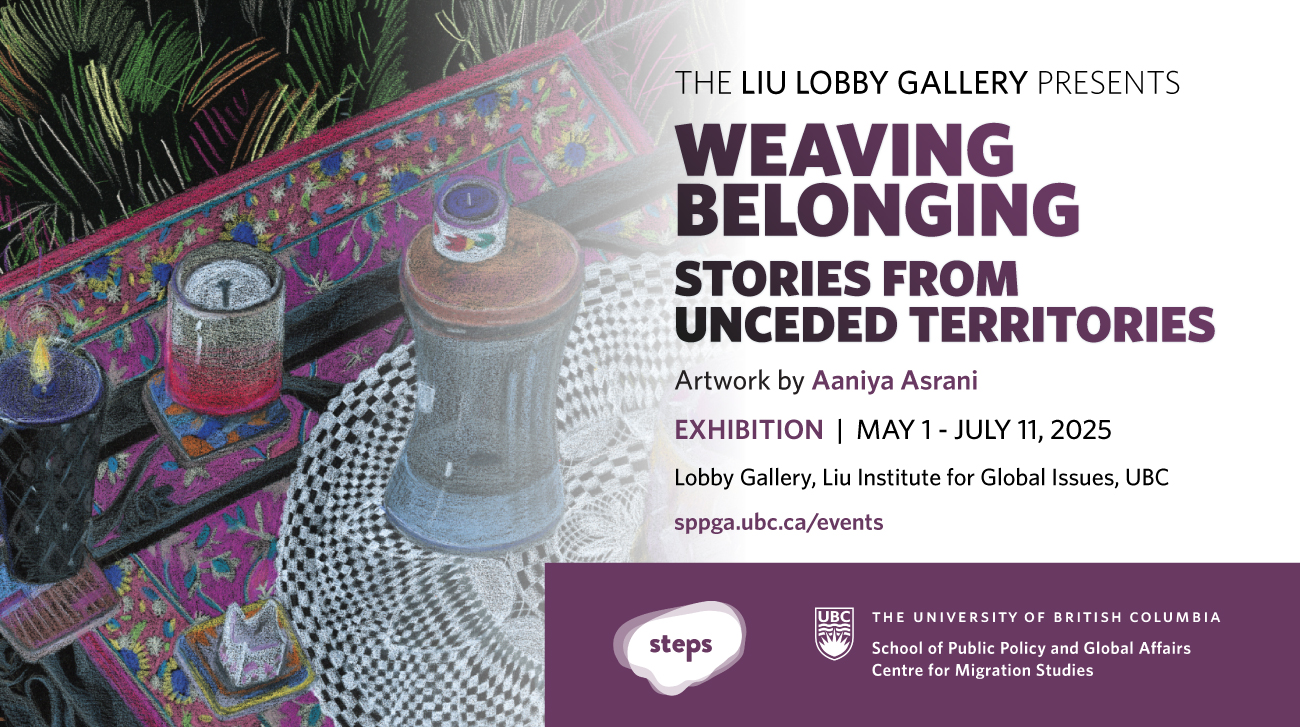In 2010-2011, the “Arab Spring” brought unexpected revolutions to many Middle Eastern and North African countries. Why did these seemingly invincible regimes fall, while China remained durably authoritarian? Many observers credited global media for the political transformations. While the hopes of Arab Spring democracy have proven to be fragile or short-lived, we can profitably explore the relationship between political communication and regime stability by comparing Chinese authoritarian resilience with Taiwan’s remarkable democratization, which remains under-appreciated by the international community.
This talk considers political change in China and Taiwan since the late 1970s, with an eye toward understanding the ways in which communication by state and societal actors has affected regime stability and democratization. Professor Esarey argues that media commercialization, re-packaging of propaganda, and information control have contributed to regime stability in China, while the Chiang Ching-kuo administration’s diminishing capacity to control a small but influential opposition media, and even mainstream newspapers, permitted reformers to press for democratization by reframing debates, resetting the political agenda, and challenging state narratives and legitimacy claims.
When viewed in comparative perspective, Taiwan’s successful democratization suggests that seeking regime change is impracticable, and possibly even perilous, without considerable and sustainable media freedom as well as opportunities for the public to advocate, evaluate, and internalize alternative political views. A balance of “communication power” between state and societal actors facilitates a negotiated and peaceful transition from authoritarianism.
About the speaker
Dr. Ashley Esarey received his PhD in Political Science from Columbia University and was awarded the An Wang Postdoctoral Fellowship by Harvard University. He has held academic appointments at Middlebury College, Whitman College, and the University of Alberta, where he is an instructor in the departments of East Asian Studies and Political Science and a research associate of the China Institute. Dr. Esarey has written on democratization and authoritarian resilience, digital media and politics, and information control and propaganda. His recent publications include My Fight for a New Taiwan: One Woman’s Journey from Prison to Power (with Lu Hsiu-lien) and The Internet in China: Cultural, Political, and Social Dimensions (with Randolph Kluver).
Please RSVP here. Tea and refreshment will be provided for registered participants.
View PDF poster here.
Sponsor: Centre for Chinese Research
By: Dr. Ashley Esarey, Visiting Assistant Professor, University of Alberta
Type: Event
